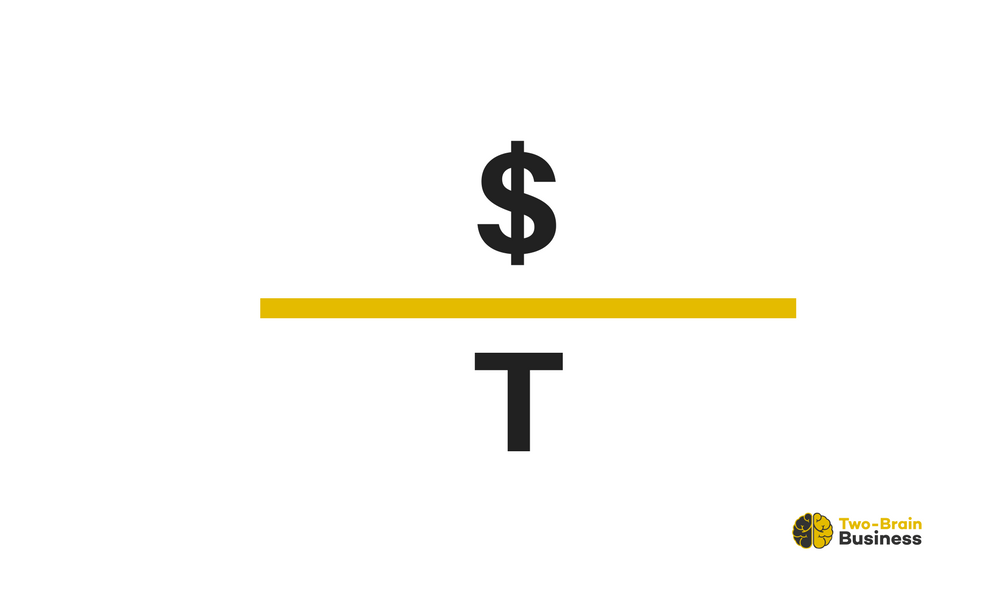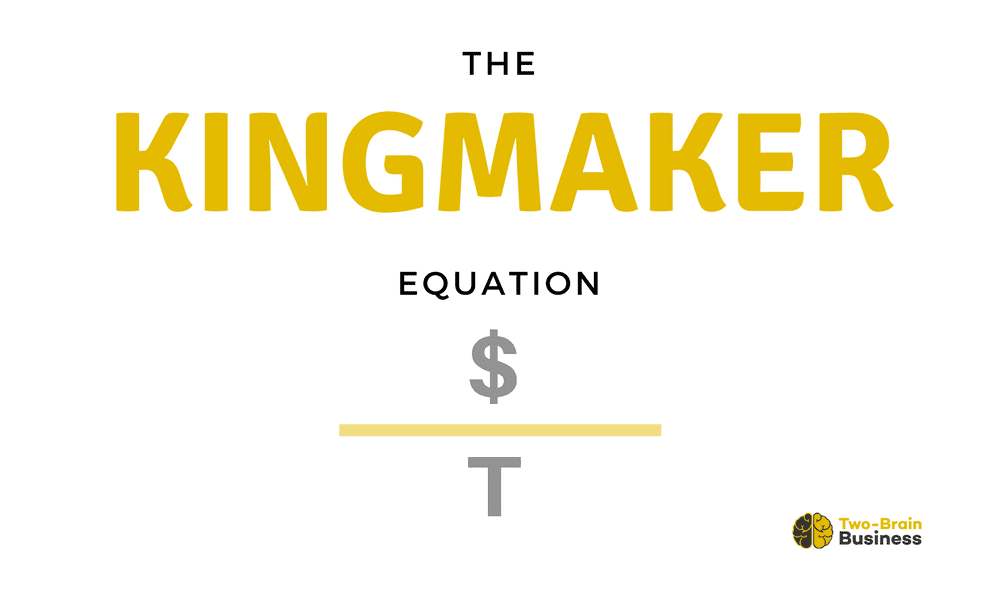How do we measure business success?
For CrossFit coaches, measuring fitness is easy: it’s improved capacity across broad time and modal domains (the ten elements). Are you getting stronger, faster or more flexible? Your fitness is improving. But until Greg created a formal definition of fitness, we were unable to measure the effect of our training. It seems funny to say now, but until CrossFit, we were all selling a moving target.
Likewise, business success must be reduced to its core elements before it can be measured. The intangibles–helping our clients, saving lives, reducing body fat and associated health risks–these are the elements of coaching, not business. I’ll wait for someone else to make “good coaching” measurable, observable and repeatable in more than an empirical form.
My job is to make gyms profitable. And that means starting with a simple definition of success.
Your idea of success is different from mine. After 22 years of coaching, I’m no longer jumping for joy at the 5am class. But we can all agree that financial success is measured by profit, and lifestyle success is measured by choice: the freedom to choose how we spend our time.
With those two variables in mind, the master equation for success in any single business is this:

$ (profit) over T (time).
I’ve written extensively about valuing your time, moving to high-value roles in your business, and even the “retirement” point, where your business runs autonomously. There are many different variations of business success, but my role as mentor is to get each entrepreneur to their “Perfect day”. Let’s consider three sample cases. Each of these was recently on a call with me to discuss the path to better business.
Case #1: $1,000,000 gross revenue; 10% profit margin; 12-hour workday (plus Saturday)
Case #2: $600,000 gross revenue; 25% profit margin; 12-hour workday (weekends off)
Case #3: $300,000 gross revenue; 40% profit margin; 3-hour workWEEK (yes, workweek).
Which is the better business?
Case #1: ($1,000,000 gross, 10% profit margin, 66 hours per week)
$ = $100,000 per year (net revenue)
66 hours/week
= $29 per hour.
Case #2: $600,000 gross revenue; 25% profit margin; 12-hour workday (weekends off)
$ = $150,000 per year (net revenue)
60 hours / week
= $48.07 per hour.
Case #3: $300,000 gross revenue; 40% profit margin; 3-hour workWEEK
$ = $120,000
3 hours/week
= $769.23 per hour.
Obviously, the third case is the best business. But is that optimal for YOU?
That depends: do you want a job coaching, or do you want to be entrepreneurial, and do other stuff with your time?
Entrepreneur: #3 is obviously best, because you can leverage your time to build the NEXT gym, or the next business. I did this with Ignite, then Spark (later sold), then TwoBrain, and now the TwoBrain Workshop. There are more companies coming, because I have time to work on them.
Want to coach: #3 is still best, because you can coach as much as you want to, but aren’t required to coach. Your job as business owner will require you to do the things a business owner does, and you can’t do those things while you’re on the floor. But when those things are done…go coach!
Worth noting: I calculated profit, not gross revenue, because gross really doesn’t matter in the service industry. $100,000 gross on a remote training business without overhead is far better than $100,000 gross in a bricks-and-mortar location. And $1,000,000 gross isn’t impressive at all if there’s no profit: the business owner has just built a very big leaky bucket.
Also worth noting: In the first two examples, the owner has really bought themselves a fairly high-paying job. $29 per hour is marginally better than most would make as a personal trainer. The problem is that their time as owner is worth FAR more. Read about it here.
Leveling up to being paid what you’re WORTH requires math and mentorship. First, a clear picture of what your time is actually worth, as judged by a neutral third party. And second, a clear path toward higher value for your time.
You should be a millionaire. You deserve it. But millionaires don’t spend time sweeping floors, because they know their denominator — time — is finite. Start increasing the numerator–profit–but don’t sacrifice your life to do it.

